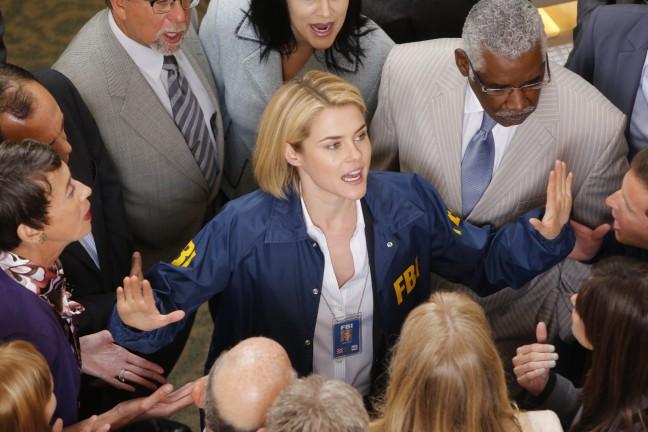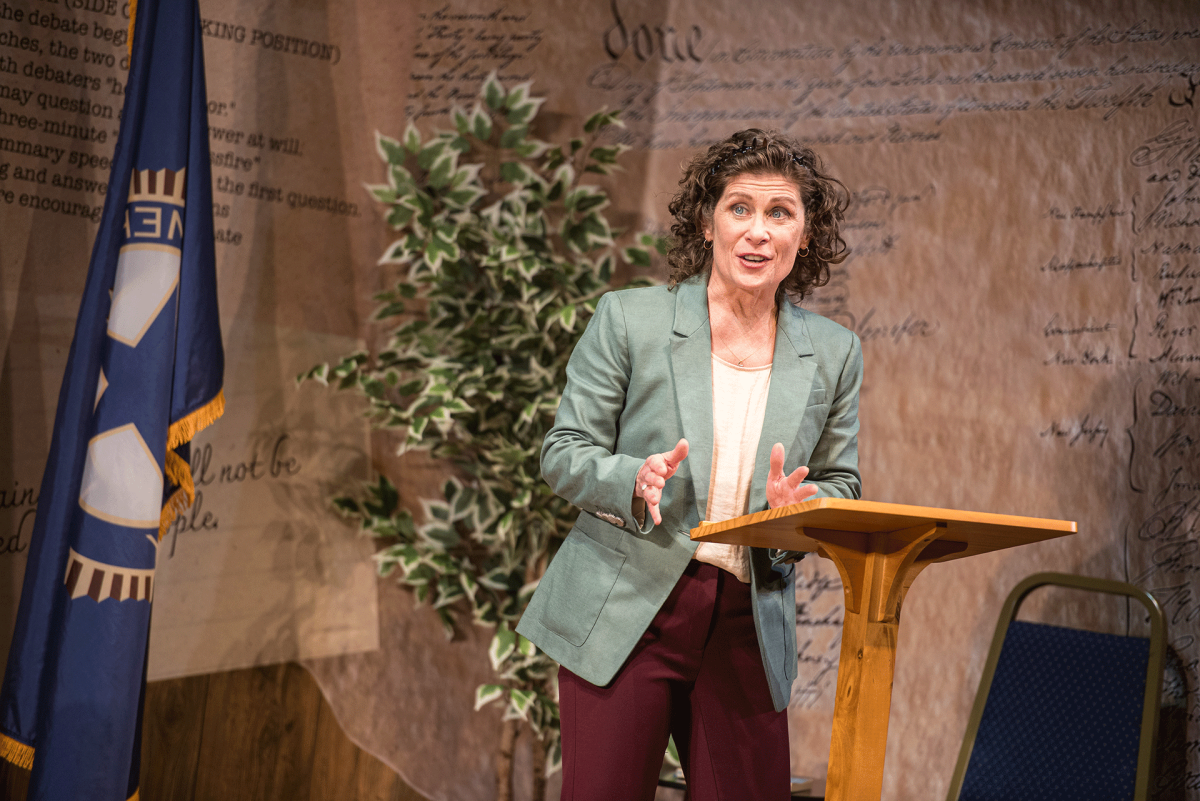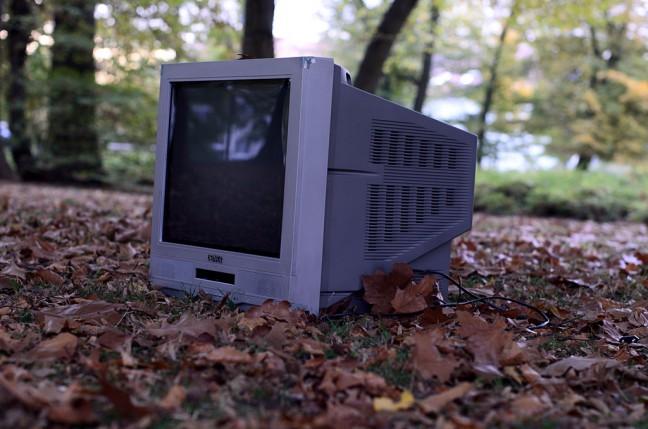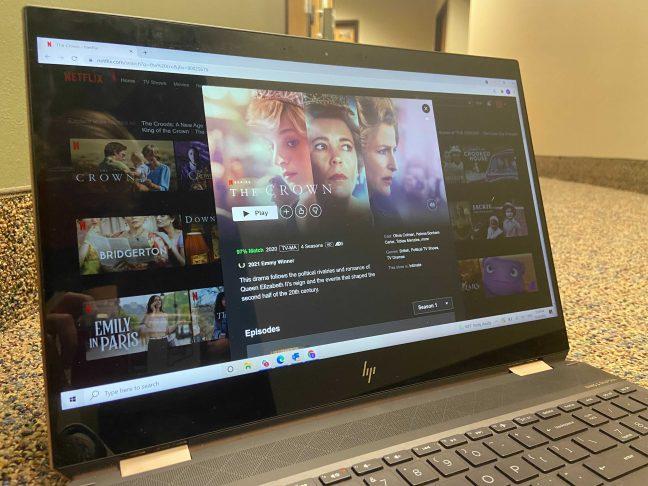The word “crisis” first appeared in the English language as a medical term referring to “a turning point in a disease.” Now, centuries after its origin, it has not only been applied to other contexts, but also pimped out for other means. With the appearance of “Crisis” in NBC’s Sunday-night lineup, for example, the word appears to have been used to pass off a moderately inconspicuous drama as an extremely intense one for increased viewership. With this use, however, the word’s original meaning still lies dormant in irony, as the show for which it stands ultimately reflects a sad “turning point” in the “disease” that’s killing nearly all of the network’s hour-long programs: shallow writing.
From top to bottom, “Crisis” fits the mold of a standard action thriller, and its dependence on convention reaps no rewards for viewers who have seen it all before. The pilot, which opens with something akin to a “don’t press the big red button” scene, ends with “an offer you can’t refuse” and features several sequences in between that are equally as tried — the most notable among them being a field-trip kidnapping and an unfolding conspiracy involving agents of governmental intelligence. Both of these two sequences have been presented with more traction on “Law & Order: SVU” and “The Blacklist,” two other shows on the network (and, in reality, some of the only dramas worth watching there).
All the while, it sends actors who are capable of giving great performances on what amounts to a suicide mission — asking them to round out flat, archetypal characters that have not only been done before, but also done better. Gillian Anderson (“The X-Files”) plays the powerful CEO who’s made her fair share of enemies, Dermot Mulroney (“My Best Friend’s Wedding”) acts the part of the seemingly good father who’s trying to make amends while harboring a dark secret, Lance Gross (“House of Payne”) takes the role of the dedicated Secret Service agent whose first day on the job is everything unexpected and Rachel Taylor (“Transformers”) appears as the close-to-the-vest special agent whose interest in solving the case at hand is deeper than what would at first appear.
All together, it seems that “Crisis” attempts to create a cross-media mash-up of previously successful characters like Miranda Priestly (from Lauren Weisberger’s novel “The Devil Wears Prada”), Walter White (from AMC’s drama “Breaking Bad”), Leon Kennedy (from Capcom’s video game “Resident Evil 4”) and Detective Robin Griffin (from the Sundance Channel’s mini-series “Top of the Lake”). Perhaps, if any of those characters were to show up, the show wouldn’t go down so hard.
While”Crisis” does well to rely on devices that have proven successful for its genre, it makes the mistake of employing them in ways that are neither innovative nor effective. Suspense, for example, is a useful device for holding attention, but only when it’s practiced as a system of checks and balances and what’s hinted gets countered by the higher stakes of what’s withheld in a reasonable time frame. In “Crisis,” both of these elements are present, but there’s all too often an uncomfortable separation between them in the narrative sequence.
The dialogue, which should both create conflict and elicit emotion in this way, is so clunky and cliché that it actually curbs whatever genuine interests it generates. Instead of deepening viewers’ experiences of what’s to be seen on screen, character exchanges undermine the complexity of the action by giving almost immediate order to it. At the pilot’s end, for example, the “good guy” tells “the bad guy,” “You’re a bug.” His response, “I am a bug,” effectively locks the two into a dichotomy of archetypes and dismisses any underlying complexities.
“Crisis” appears like NBC’s thinly-veiled attempt to capitalize on the success of other networks’ one-word, hour-long dramas (“Scandal,” anyone? “Revenge?” “Betrayal?”). To be successful in replicating the success of these programs, however, they’d do well to learn (in more ways than one) their ABCs. It’s inevitable that the crisis of “Crisis” will have one end (cancellation), but it is still unclear whether the network will continue to round its turning point in the same way as its production choices.
“Crisis” airs Sundays on NBC at 8 p.m.
https://www.youtube.com/watch?v=MrRkfAhupiQ





















